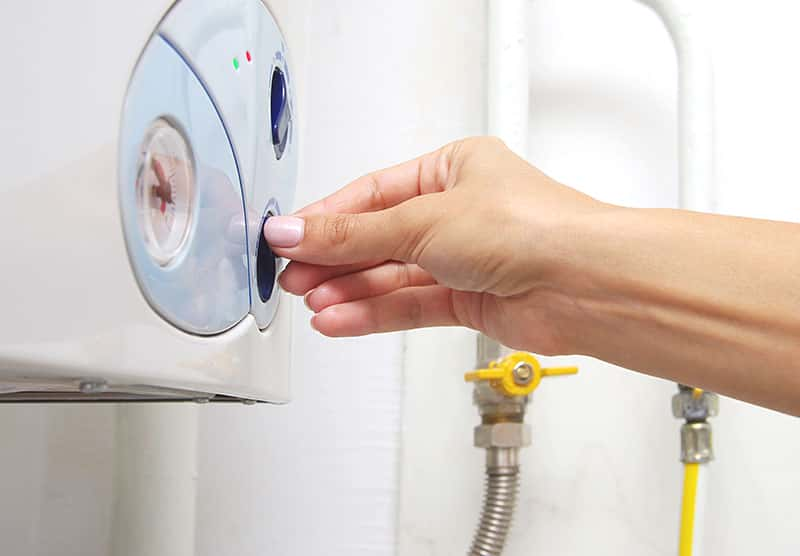A boiler is essential for keeping your home warm and providing hot water, but over time, even the most reliable systems can wear out. Whether it’s due to age or inefficiency, replacing your boiler can significantly reduce energy bills and ensure your home stays comfortable. Here’s everything you need to know about boiler replacement costs and what to expect.
How Much Does a Boiler Replacement Cost?
- Combi Boilers: These are ideal for smaller homes with one bathroom. Prices typically range from £1,500 to £3,000, including installation.
- System Boilers: These are better suited for homes with multiple bathrooms. System boilers cost slightly more, ranging from £2,000 to £3,500.
- Conventional Boilers: If you have a larger home with high water demand, a conventional boiler might be the best choice. These boilers can cost between £2,000 and £4,000.
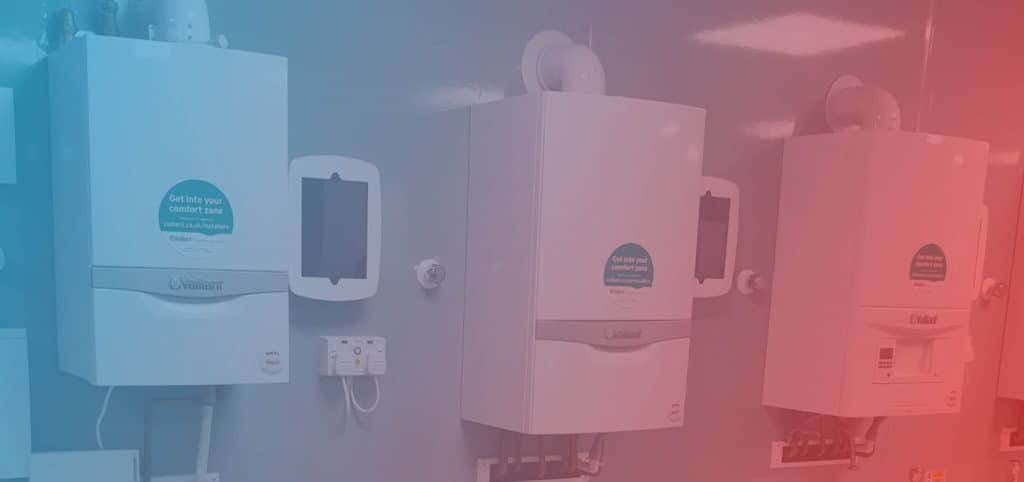
Boiler Cover and Maintenance
- Basic Plan (£17.98/month, £8.99 for the first 3 months): Covers boiler service, carbon monoxide checks, and repairs.
- Standard Plan (£23.98/month, £11.99 for the first 3 months): Adds hot water cylinder repairs.
- Premier Plan (£27.98/month, £13.99 for the first 3 months): Includes central heating and plumbing.
- Complete Plan (£31.98/month, £15.99 for the first 3 months): Covers all Premier features plus internal/external drains, gas pipes, electrical services, and toilets.
Factors That Affect Boiler Replacement Costs
The final price for a new boiler isn’t just about the unit itself. Several factors can impact the overall cost:
- Boiler Type: Different types of boilers come with varying price tags. Combi boilers are generally cheaper due to their compact size and simpler installation.
- Boiler Brand: Premium boiler brands often come with a higher price tag, but they tend to offer better energy efficiency and longer warranties.
- Size of the Boiler: The size of the boiler you need will depend on your home’s heating demands. A larger home will require a bigger, more powerful boiler, which will be more expensive.
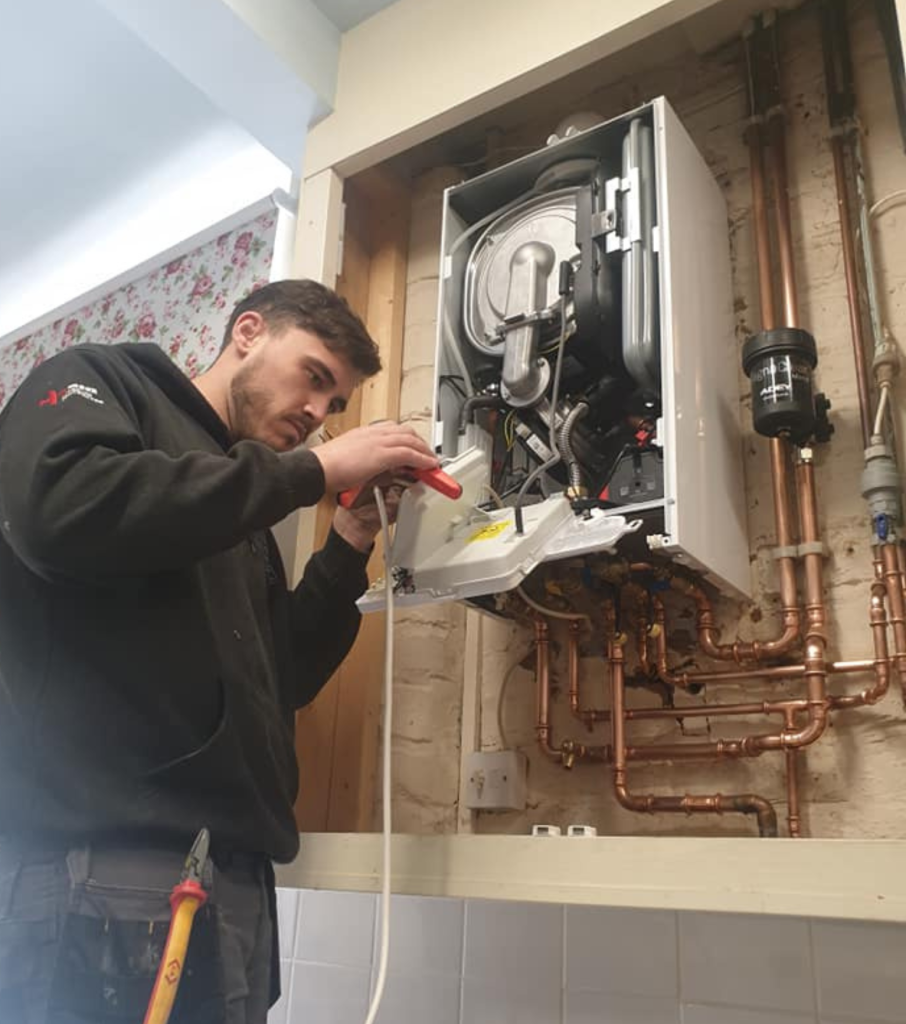
- Labour Costs: Installation is a significant part of the cost. If the installation is straightforward (i.e., replacing a combi boiler with another combi), labour costs will be lower. However, changing boiler types or relocating the boiler can significantly increase installation time and costs.
- Upgrading Heating Controls: Modern smart controls and thermostats can improve the efficiency of your system, but they add to the overall installation cost.
The Installation Process
Installing a new boiler can take anywhere from a few hours to a few days, depending on the complexity of the job. If you’re simply replacing an old boiler with a new one of the same type, the process is usually quicker. However, if you’re upgrading to a different system (such as switching from a conventional boiler to a combi), it may require more extensive work.
During the installation, your engineer may need to:
- Replace or upgrade pipework.
- Remove the old boiler and any associated tanks.
- Fit new flues, filters, and controls to ensure the system runs efficiently.


Additional Costs to Consider
Besides the cost of the boiler and installation, there may be other expenses to keep in mind:
- Power Flushing: This is a process that cleans your heating system and can help improve efficiency, but it will add around £300 to £500 to your overall cost.
- Relocation of the Boiler: If you decide to move your boiler to a different part of your home, this can significantly increase labour costs. Relocating a boiler can add £500 to £1,000 to the overall bill.
- Upgrading Radiators or Pipework: If your radiators or pipework are outdated, you may want to upgrade them when installing a new boiler. This can add anywhere from £500 to £1,500 to your costs, depending on the scale of the work.
Long-Term Savings: Is a New Boiler Worth the Investment?
While the upfront cost of replacing a boiler might seem high, the long-term benefits can outweigh the expense. A new boiler will run more efficiently, potentially saving you up to £350 per year on energy bills, depending on the age and efficiency of your old boiler.
Additionally, modern boilers are more environmentally friendly, helping to reduce your carbon footprint. Many new boilers come with energy ratings of A, meaning they convert over 90% of the fuel they use into heat.
Financing and Payment Options
How to Choose the Right Boiler for Your Home
Choosing the right boiler depends on your home’s size, the number of bathrooms, and your hot water needs. Here’s a quick guide:
- Small to medium homes with one bathroom: A combi boiler is often the best choice as it’s compact and provides hot water on demand.
- Larger homes with two or more bathrooms: A system boiler may be more suitable as it can handle higher water demand.
- Homes with a lot of radiators: A conventional boiler might be required to meet higher heating demands.
If you’re unsure which boiler is right for you, our team at Deakins can provide a free consultation to assess your needs and recommend the most suitable option.
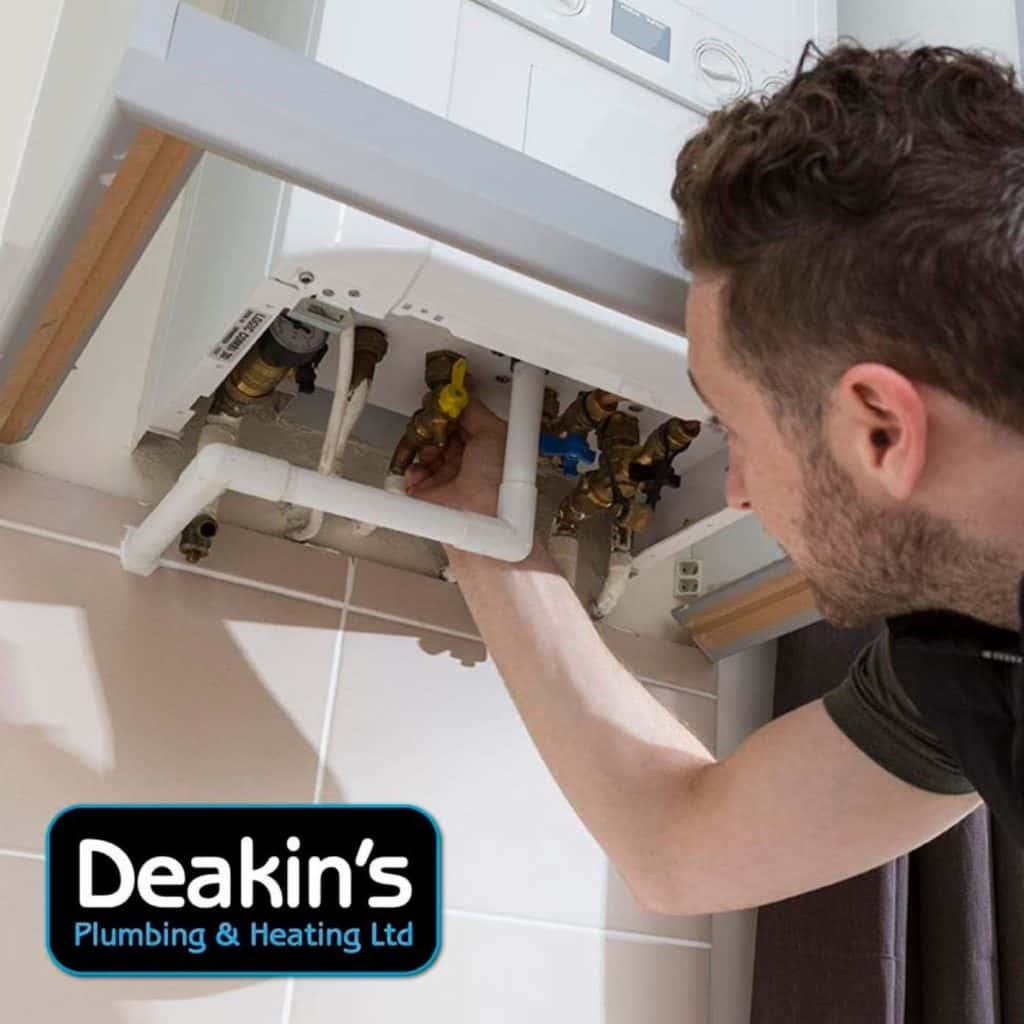
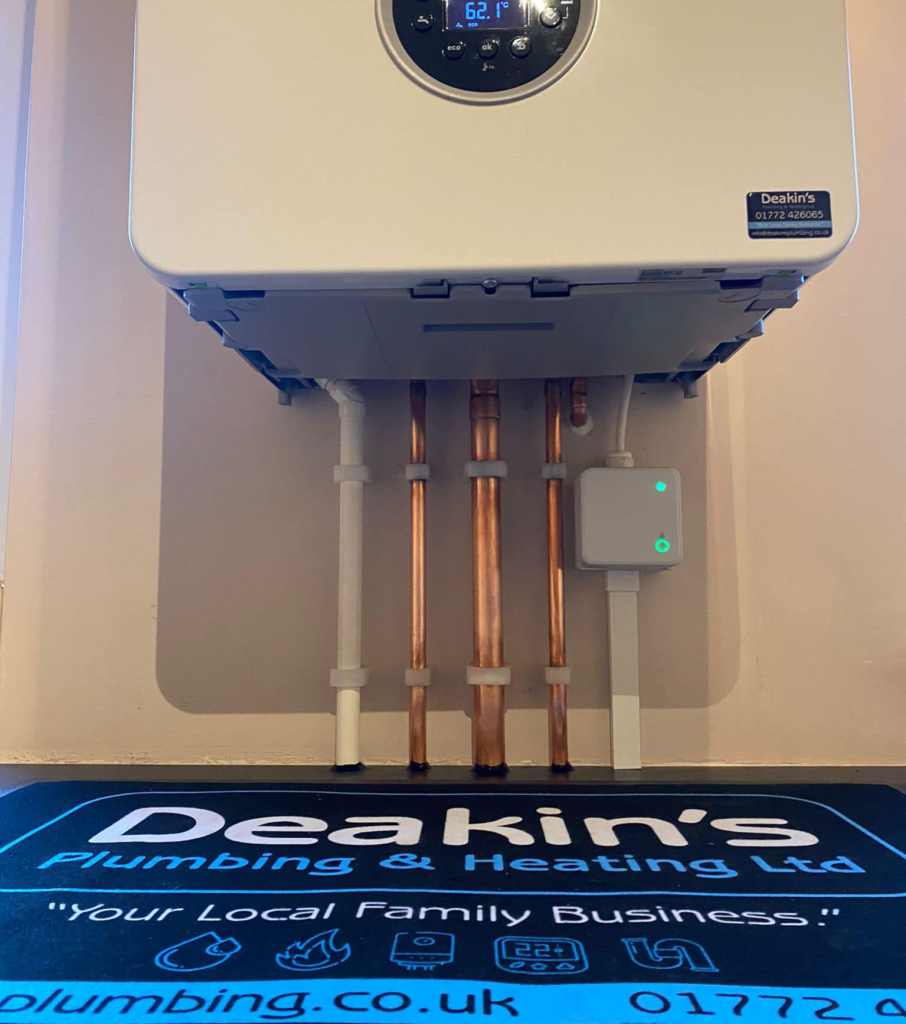
Why Choose Deakins for Your Boiler Replacement?
At Deakins, we pride ourselves on offering top-quality service, from the initial consultation to aftercare. Here’s what sets us apart:
- Expert Advice: Our team of qualified engineers will guide you through the entire process, ensuring you make the best decision for your home.
- Competitive Pricing: We offer transparent pricing with no hidden costs, and our quotes are tailored to your specific requirements.
- Quality Installation: All our engineers are Gas Safe registered, ensuring your boiler is installed safely and efficiently.
- Aftercare and Maintenance: We offer ongoing maintenance services to keep your boiler running smoothly for years to come.
Ready to Replace Your Boiler?
If your boiler is old, inefficient, or constantly in need of repair, it might be time for an upgrade. At Deakins, we offer a wide range of boilers to suit every home and budget.
Contact us today for a no-obligation quote and start enjoying a warmer, more efficient home.

